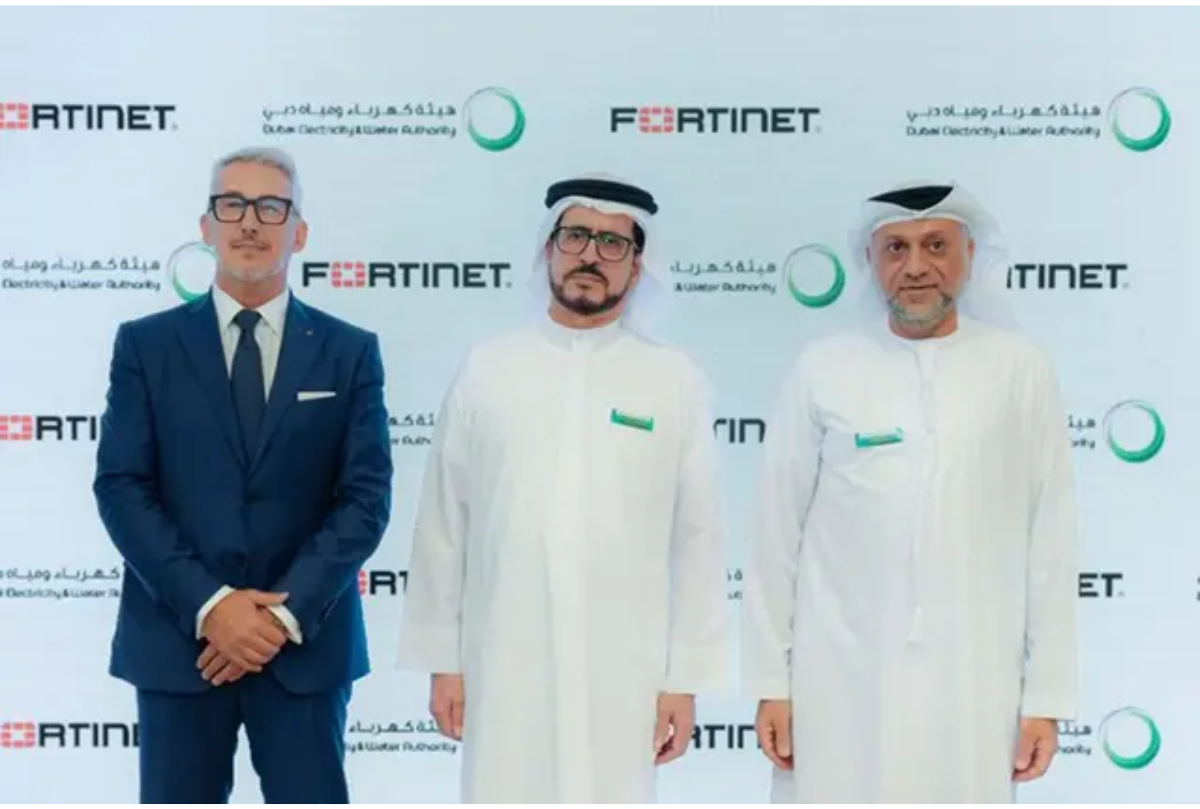
Hussain Lootah, Executive Vice President of Transmission Power at DEWA, and Joe Sarno, Executive Vice President of International Sales at Fortinet, signed the accord in the presence of DEWA’s MD & CEO Saeed Mohammed Al Tayer. The signing took place during the 27th Water, Energy, Technology and Environment Exhibition, held at the Dubai World Trade Centre from 30 September to 2 October.
The core of the partnership lies in integrating Fortinet’s Security Fabric across DEWA’s operational technology, IT systems, private cloud and IoT domains. The intent is to adopt the Zero Trust model to ensure strict access control and proactive threat prevention. FortiGuard’s AI-driven real-time analytics are expected to enhance threat detection and response capabilities at DEWA’s Information Security Centre, thereby cutting operational risks while improving performance efficiency.
DEWA’s leadership emphasises that the move aligns with its broader digital transformation roadmap. Al Tayer noted the necessity of collaborating with global cybersecurity leaders to keep pace with evolving threats in smart grids and city infrastructure. Sarno, for his part, said Fortinet views DEWA as a forward-looking partner, and will support safeguarding both operational and IT infrastructures across the emirate.
The UAE has in recent years expanded its smart city ambitions, making utilities a particularly high-value target for cyber adversaries. The energy and water sectors often combine legacy industrial control systems with newer IoT devices, creating complex attack surfaces. Observers say DEWA’s decision reflects global trends in which utilities are central to national critical infrastructure strategies.
That said, this partnership faces challenges. Integrating security across OT and IT environments is fraught with compatibility, latency and reliability concerns. Further, the effectiveness of AI-aided detection depends on the quality of threat models and continuous tuning. DEWA must also ensure operational continuity during the migration and rollout of new systems.
Competing utilities across the Gulf region are also stepping up their cybersecurity game. Some have opted for multi-vendor architectures to reduce vendor lock-in, while others pursue in-house expert teams alongside vendor frameworks. DEWA’s choice to entrust a single cybersecurity partner may raise questions about resilience and redundancy planning.
The terms of the deal have not been publicly disclosed, and DEWA’s statement describes it as “long-term.” Observers will watch closely whether DEWA enforces periodic audits, independent penetration testing and third-party oversight—key measures in high-stakes infrastructure contracts.
Topics
Live News
